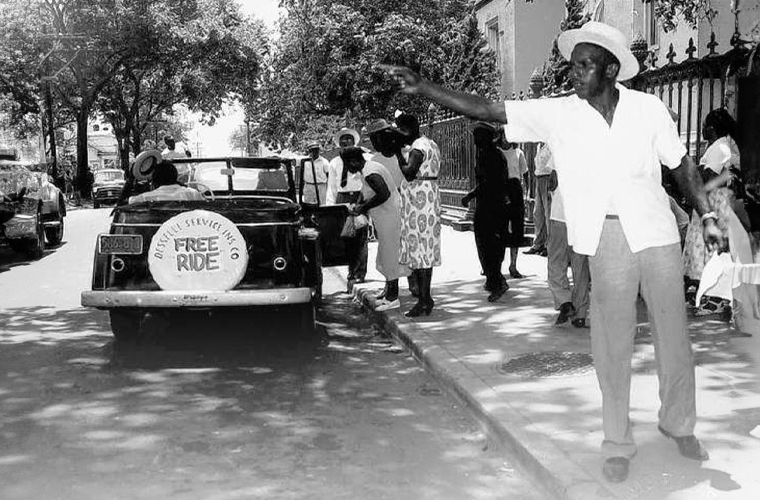The 1953 Baton Rouge Bus Boycott was a significant event in the history of the civil rights movement in the United States. It was a pivotal moment in the struggle for racial equality and justice, and it laid the groundwork for the larger and more well-known Montgomery Bus Boycott that followed two years later.
The Baton Rouge Bus Boycott was sparked by the arrest of a young African American woman named Sarah Keys, who was a private in the Women’s Army Corps. On August 1, 1952, Keys boarded a bus in North Carolina and took a seat in the “whites-only” section. When the bus driver ordered her to move to the back of the bus, she refused. Keys was subsequently arrested and charged with disorderly conduct.
Keys’ case drew national attention and outrage, and it galvanized the African American community in Baton Rouge, Louisiana. Led by local civil rights leaders such as T.J. Jemison and Reverend A.L. Davis, the community organized a boycott of the city’s segregated bus system. The boycott officially began on June 19, 1953, and lasted for eight days. During the boycott, African American residents of Baton Rouge walked, carpooled, or used other means of transportation to get around the city. The boycott had a significant impact on the bus company’s finances, as it relied heavily on African American ridership. The company’s revenues plummeted, and it was forced to make significant cutbacks.
The success of the Baton Rouge Bus Boycott inspired other civil rights activists across the South, including a young minister named Martin Luther King Jr. who was paying close attention to the events in Baton Rouge. King would later apply the lessons learned from the Baton Rouge boycott to the Montgomery Bus Boycott, which propelled him to national prominence as a leader of the civil rights movement. In addition to its influence on other civil rights campaigns, the Baton Rouge Bus Boycott also had a lasting impact on the local community. It demonstrated the power of nonviolent protest and collective action, and it laid the groundwork for future efforts to dismantle segregation and discrimination in Baton Rouge and beyond.
The legacy of the 1953 Baton Rouge Bus Boycott continues to resonate today. It serves as a reminder of the courage and determination of those who fought for justice and equality, and it stands as a testament to the power of ordinary people to effect meaningful and lasting change. The boycott remains an important chapter in the ongoing struggle for civil rights in the United States, and it continues to inspire new generations of activists and advocates for social justice.

